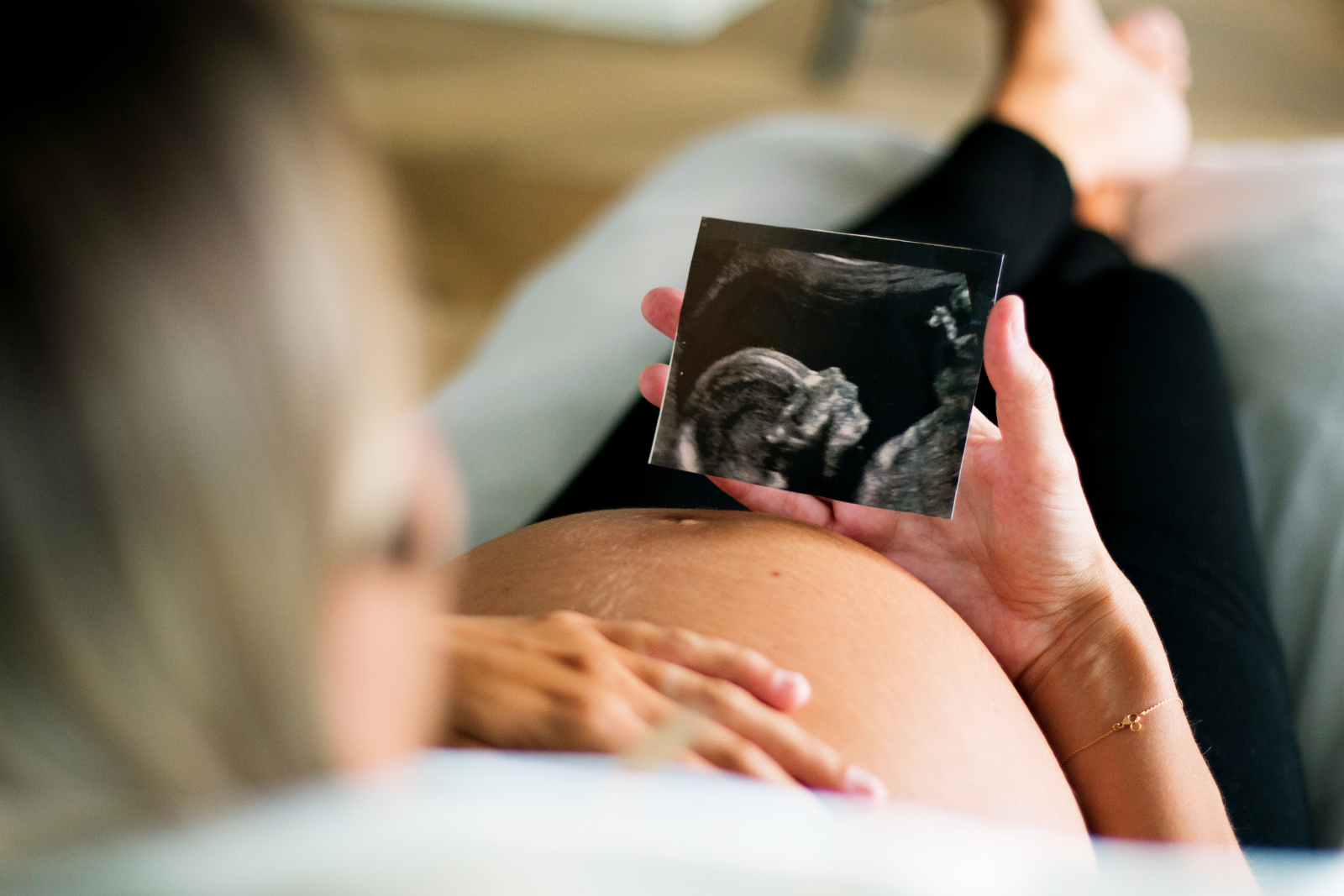Nausea and vomiting in pregnancy is a common condition, with approximately 50% of women experiencing nausea and vomiting in early pregnancy.
Often called “morning sickness”, this can actually occur at any time of the day.
Typical morning sickness symptoms include:
- A nauseous, queasy feeling, likened to seasickness or carsickness
- Strong aversions to certain smells and foods
- A nausea feeling that is often followed by hunger
- A nausea that strikes after eating
- Feeling nausea to the point of vomiting
While nausea and vomiting usually doesn’t harm your baby, it can affect your ability to go about your normal everyday activities! Some tips to combat these include:
- Eat small, frequent meals and snacks to avoid an empty stomach but prevent a full stomach
- Eat a low fat, low carbohydrate, high protein diet
- Avoid mixing hot and cold foods
- Avoid activity after eating
- Avoid brushing your teeth after eating
- Increase your fluids – drink at least 2 litres a day
- Avoid rich, spicy or fatty foods (including smelling and cooking)
- Eat dry crackers, ice chips or icy poles
- Eat a high-protein snack prior to going to bed
- Get plenty of rest
- Rest either in a sitting position or in a propped lying position.
- Wear travel sickness bands
If these techniques do not seem to ease the queasiness, talk to your doctor!
Call POGS on (08) 6270 0123 or email: reception@pogs.com.au if you need to make an appointment.




Our Delivery Location
Celebrated 13 years in 2024 & over 6000 babies delivered!
About Us
We are POGS – Perth Obstetrics & Gynaecology Specialists.
We promote the wellbeing & dignity of all women and deliver first class & affordable private Specialist Obstetrics & Gynaecology care.
Consulting Location
Suite 302, Level 3
St John of God Subiaco Clinic
25 McCourt Street Subiaco WA 6008
Phone: (08) 6270 0123
Fax: (08) 9271 7400
© Copyright 2025 | All Rights Reserved | Perth Obstetrics & Gynaecology Specialists












